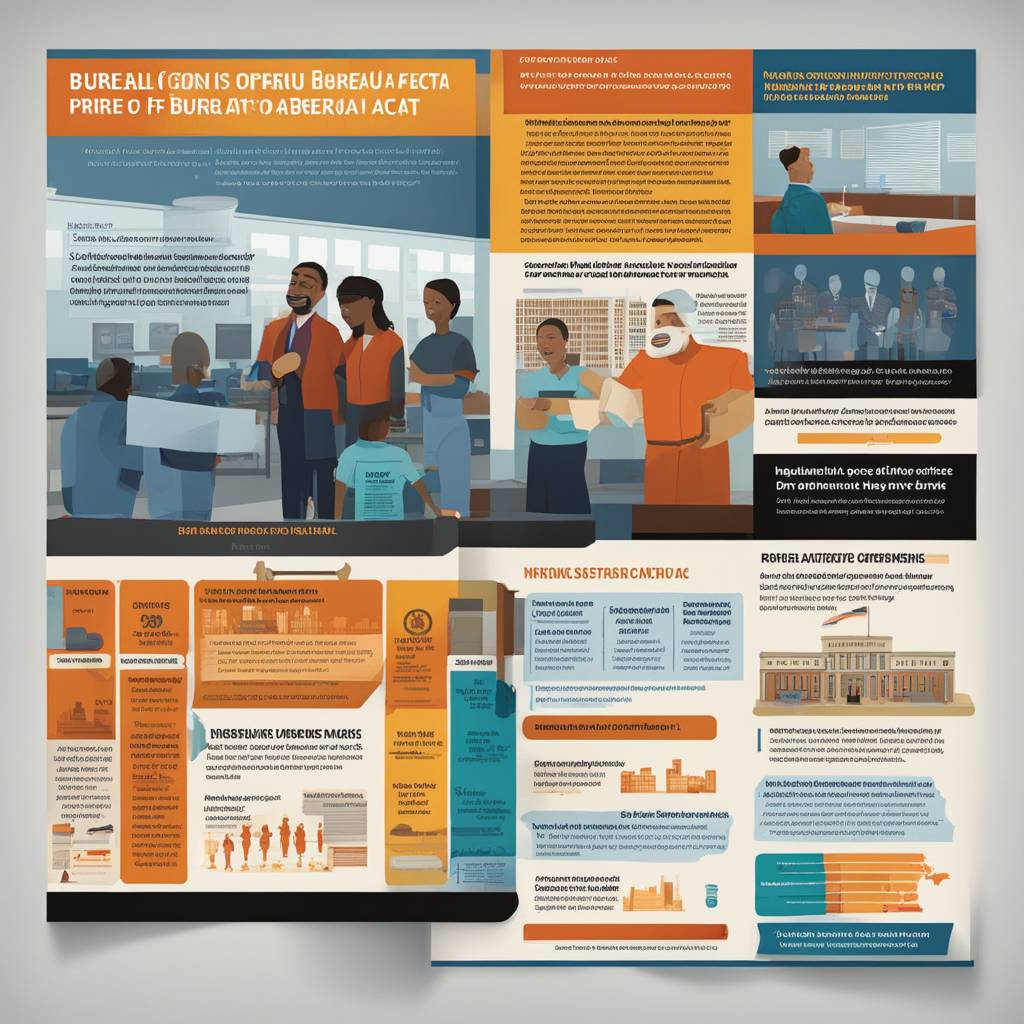Congress passed the CARES Act in response to the COVID-19 pandemic, allowing certain individuals in federal correctional facilities to serve their sentences on home confinement. Prior to the CARES Act, the Federal Bureau of Prisons (BOP) had a program that allowed inmates to serve a portion of their sentences on home confinement, which has been successful in helping inmates transition back into society. The BOP has completed a study on the inmates transferred to home confinement under the CARES Act and found that it did not negatively impact recidivism rates, and may even have contributed to a reduction in post-release recidivism.
In addition to home confinement, inmates can also earn credits to reduce their prison terms through various programs such as Good Conduct Time and the First Step Act. The BOP now has the confidence to utilize alternative means of incarceration based on the findings of the CARES Act study. Policies are in place to move more Minimum and Low security inmates back into society sooner, but the BOP has faced challenges with halfway house capacity, leaving many inmates in institutional prisons longer than necessary. The Second Chance Act allows inmates to be placed on prerelease custody for up to a year, including on home confinement, but the shortage of halfway house space has been a hindrance.
The study found that individuals with a CARES assignment in home confinement did not have significantly different recidivism rates than those in regular home confinement, and even had lower post-release recidivism rates. The use of home confinement is significantly less costly for the BOP than housing inmates in secure custody, with an inmate in home confinement costing less than half of the cost of an inmate in secure custody. The BOP plans to build on the information from this study and others on home confinement to reduce overcrowding in prisons and provide cost savings.
The information from the study is encouraging for the BOP, as it reinforces the belief that alternatives to mass incarceration are effective. The findings suggest that early and extended home confinement does not compromise public safety and may contribute to successful reintegration into society. Moving forward, the BOP aims to fully implement the program to get inmates out of prisons and into the community faster. Despite the challenges faced by the BOP in recent years, their use of home confinement under the CARES Act should inspire them to do more with their existing policies and programs.


